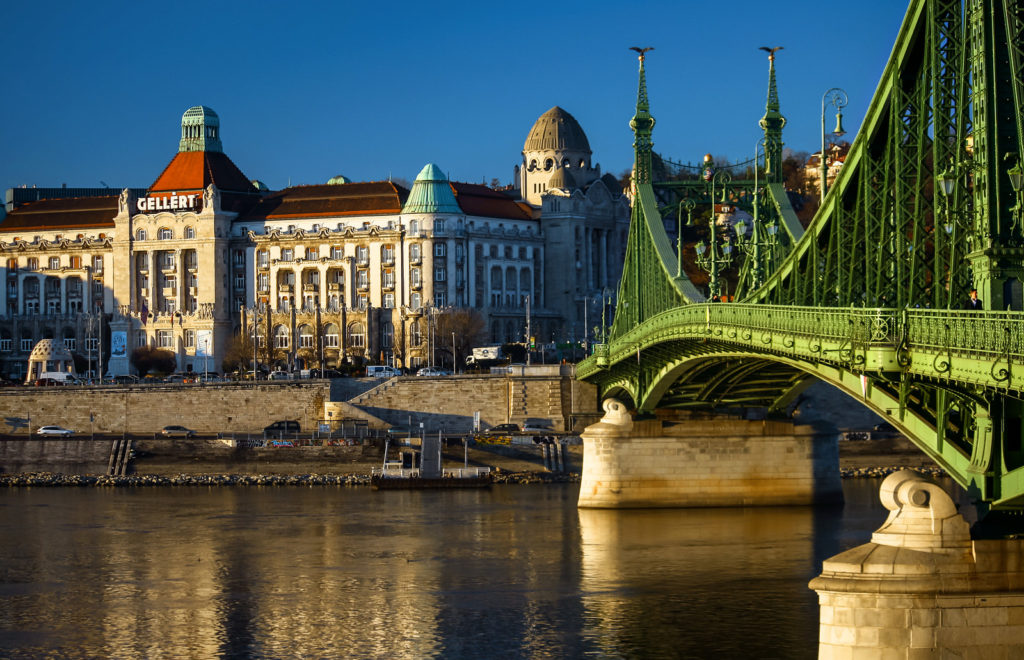The long shadow of the dissenter: Challenges to public intellectual practices after 1989 in Hungary
“In the 1970s and 80s, I met a fair number of western writers, most of them through György Konrád. In our conversations, the mystery that intrigued them the most was this one: how can opposition writers in Central Europe command such respect, play such an exceptional role in politics and in society – a role that they [the western authors] cannot dream about anymore.” Hungary’s prominent public intellectual Sándor Csoóri made this observation in 2006. At that time Csoóri, a one-time luminary of the Hungarian Narodnik tradition and of the post-1989 political universe as a whole, had been a bitter man for a decade and a half. He had been in the fulcrum of a controversy surrounding remarks he made concerning Jewish-Hungarian relations and the cleavage inscribed into them by the Holocaust.
January 2, 2019 - Gergely Romsics


































